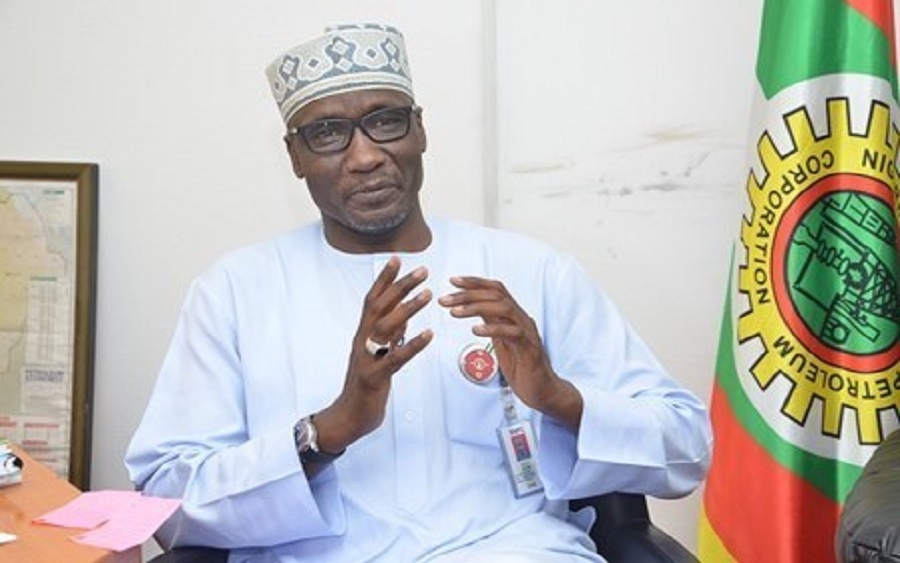The Federal Government has set for itself a 3-year target period to revamp the ailing refineries across the country.
Starting with the refinery in Port Harcourt, the President Muhammadu Buhari-led administration disclosed that it has begun the overhauling of refinery facilities, adding that it has till 2023 to ensure that local refineries operate optimally.
While expressing its commitment to review the operations of the refineries, support condensate plants, and open the midstream sector, the Nigerian National Petroleum Corporation (NNPC) announced that it had secured the service of Italy’s Maire Tecnimont to handle the overhaul of the 210,000 b/d Port Harcourt refinery complex, with oil major, Eni appointed as a technical adviser.
READ MORE: NPA threatens to bar Egina FPSO from Nigeria Waterways.
Group Managing Director (GMD), Mele Kyari, who was represented by the Chief Financial Officer (CFO) of the Corporation, Umar Ajiya at the yearly conference of the Association of Energy Correspondents of Nigeria (NAEC), was quoted to have said the refineries had not been rehabilitated for a long time, and the revamping programme would aid local production.
Important call: The NNPC boss, however, called on investors in the private sector to effect the revamping programme.
Kyari said, “Thus, we require more investment to revamp and expand our domestic refineries and associated infrastructure to support the growth of the downstream sector and guaranty energy security to the nation. In this respect, NNPC under my purview would leave no stone unturned to ensure our 445,000-barrel refineries in Port Harcourt, Warri, and Kaduna work to an appreciable level or capacity.”
READ ALSO: There is corruption in NNPC -New boss admits
What you should know: Going by a data released by the NNPC in May, the four nation’s refineries operated at just 5.55% of their combined installed capacity of around 445,000 barrels per day (b/d). This makes it evident that the country still relies heavily on imports for its fuel needs.
Meanwhile, Nigeria’s refineries, which include the northern Kaduna refinery and two plants located in Port Harcourt, and the Warri refinery, have not operated beyond a quarter of their installed capacity for some time, mainly due to attacks on pipelines carrying crude to the plants as well as technical problems after years of neglect.

















